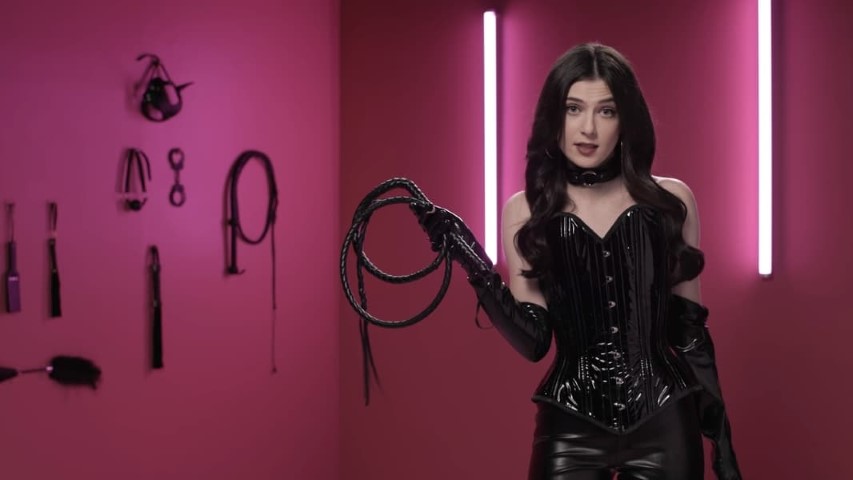
Metallica’s full catalogue finally available on Napster
By Caroline Ho, Arts Editor
Metallica and Napster have finally reconciled their differences, after almost two decades and a lot of changes in the world of digital music sharing. Metallica just released their 10th studio album Hardwired… to Self-Destruct on November 18, and Napster has announced that this album—along with all other Metallica songs—is now available through their streaming services.
Remember Napster, the first peer-to-peer file-sharing service that allowed Internet users to transfer and download music files for free and usually illegally, the precursor to programs like LimeWire and Kazaa? Nowadays it’s an online music store with paid monthly subscriptions, but in its original incarnation it was shut down after going bankrupt from a mess of legal issues, a mess in which Metallica was a key part.
Napster’s propensity for piracy was met with displeasure in the industry, basically from the start. In December of 1999, just half a year after the company’s launch, the Recording Industry Association of America (RIAA) filed a lawsuit against Napster for copyright infringement. Metallica entered the fight when, in early 2000, they found out a demo of their song “I Disappear”—which was meant to be released on the Mission: Impossible II soundtrack later that year—had been leaked to radios. When the leak was traced to Napster, the band discovered that all of their songs were available as free, illegal downloads.
In March 2000, Metallica filed its own suit against Napster (and against several big universities, since college campuses were the main sites of piracy). It was the first case of big-name musicians suing file-sharing companies for copyright infringement, and a month later Dr. Dre followed with his own suit.
The case was ruled in Metallica’s favour in March 2001, when the presiding judge granted a preliminary injunction ordering Napster to remove all of the band’s songs. In July of that year, the company reached a settlement with Metallica and Dr. Dre in which Napster agreed to filter out all music by artists who hadn’t given their permission for their music to be shared. Up against the artists and the RIAA, Napster shut down—supposedly temporarily while they fixed their filters, but the company filed for bankruptcy in 2002.
Metallica also faced plenty of backlash, partly because, as part of the lawsuit, the band got over 300,000 users banned from Napster for allegedly downloading their music. To some fans, the whole legal wrangle proved that the band only cared about money—even though, in multiple statements and interviews since, drummer Lars Ulrich has said that it was about control and free choice over releasing their own music.
Metallica still hasn’t managed to convince everyone that it’s about the music and not the money, and the baggage of the Napster legal battle has followed them around. In a 2014 Q&A on Reddit, drummer Lars Ulrich said he finds it odd “how big of a part of our legacy it has become to so many people.” But Ulrich has stated again and again that he doesn’t regret the decision to go against Napster—although he’s also referred to it as a shit storm more than once.
It’s an almost anticlimactic epilogue to a story that began over 15 years ago. But in any case, all of Metallica’s songs are now available to paid Napster subscribers. And Hardwired… to Self-Destruct has so far been a pretty huge success. Their first album since 2008, it was reported by the band to be the number one release in 57 countries around the world, suggesting that the shadow of the Napster trial hasn’t dragged them down too much.
Having one more location to find Metallica’s full catalogue might not win you over if you’re not already a Metallica fan, but Hardwired… to Self-Destruct is a solid album, and it’s definitely worth a (legal) listen.

